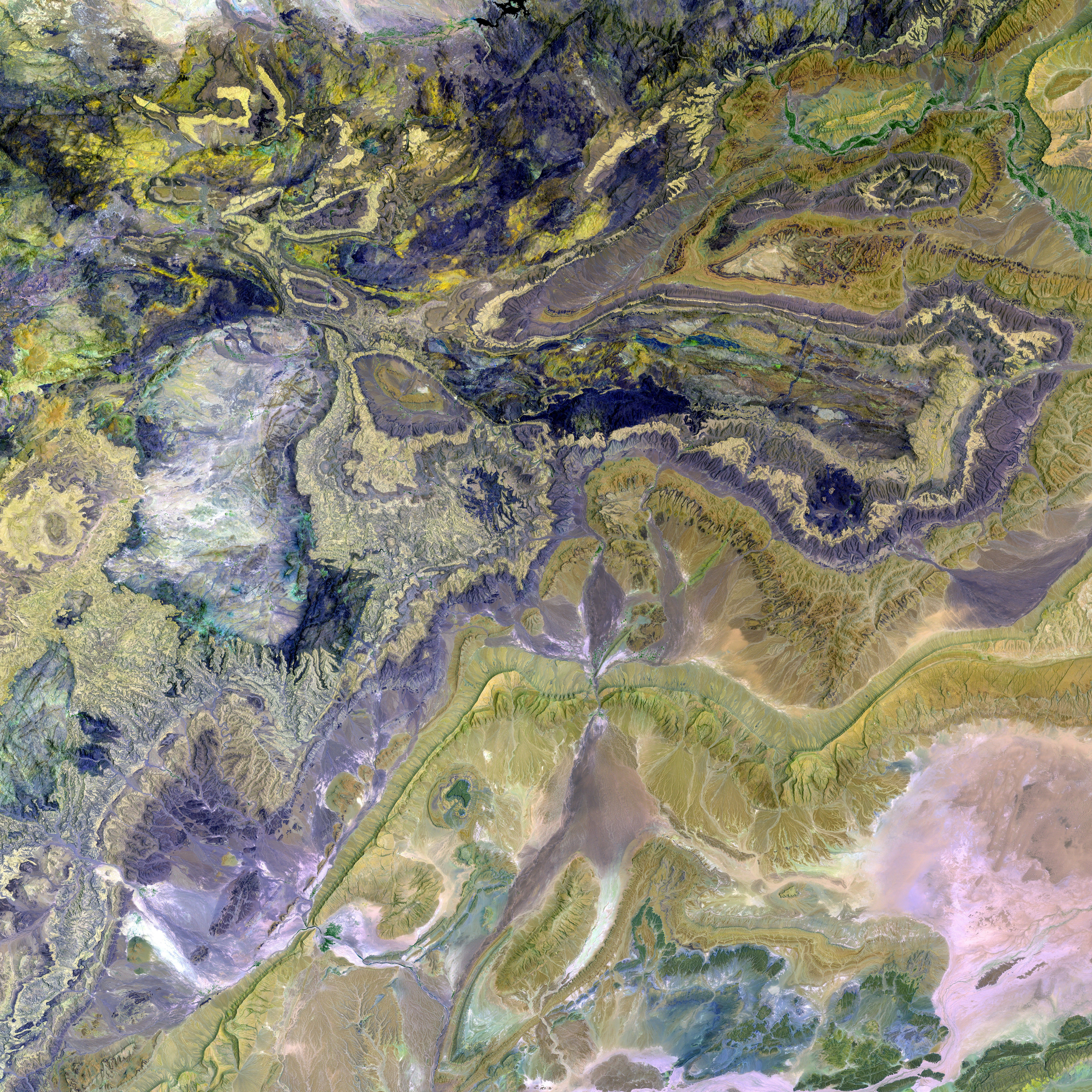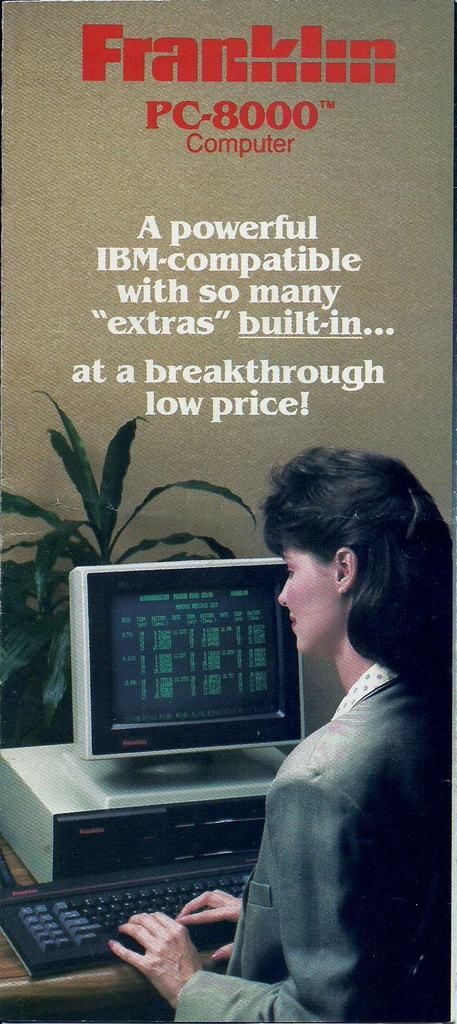"AI potential doesn't seem to stir enough enthusiasm in us"
Interview with Mathieu Albrand, Innovation Guru at McCann Worldgroup
Mathieu Albrand, the associate director of global innovation at McCann Worldgroup, embraces his job with passion. Essentially, he's the tech-savvy guy who gets to play with the latest gadgets and share insights on how they can revolutionize the advertising and marketing industries.
At Brand Week Istanbul, Albrand shared his thoughts on how AI is poised to reshape the world and, in particular, our work in advertising. Here's our chat with the technology enthusiast about AI, its transformative potential, and its impact on our field.
This interview has been lightly edited for clarity and length.
Is the advertising industry hyped about AI, or is it underwhelmed?
AI is the most groundbreaking technology ever—no contest! Its implications are colossal, and we're still figuring out how to navigate these waters. However, we need to strike a balance between excitement and caution since this tech has the power to change everyday life for better or worse.
How do you measure AI's transformational power?
Well, it might sound a bit wild, but I believe AI could hold the key to curing cancer! Here's why: AI can generate sophisticated 3D models of proteins that scientists can use to test potential medicines at a pace and cost that would take a human eye ages to process. Plus, AI excels at identifying patterns in data, which can lead to revolutionary solutions that might take centuries for humans to spot on their own.
Might AI reach human-like reasoning, or is it destined to remain in a pattern-matching loop?
You bet it will! AI is slated to achieve consciousness within our lifetime. People always say AGI (artificial general intelligence) is two decades away—who knows what the timeline is, but I'm looking at the pace of evolution, and I have faith that machines will soon have the capacity for self-awareness.
How about the argument that some experts have doubts about AGI being achievable?
True, many experts think AGI is still a pipe dream. But I see it differently. The basic building blocks of our brain—neurons and synapses—are just data at heart. There's no reason why we can't replicate this data structure, and with quantum leaps in technology, it's just a matter of time before we reach this milestone.
What are AI's most beneficial applications in marketing?
AI can streamline production processes by creating high-fidelity animatics and special effects for commercials. It can also optimize content for different regions and languages, making our campaigns more effective worldwide.
How will AI change the creative and strategic landscape in the advertising industry?
AI is all set to redefine our industry. Marketing agencies will adapt and evolve asAI automates certain parts of the creative process, but fear not—creative roles aren't going anywhere.
Are creatives turning into creative directors now that they use AI as a tool?
In essence, yes. As the puppeteer of AI tools, creatives need to learn how to control these machines and make them work harmoniously.
Can AI churn out new, creative ideas, or is it limited to remixing existing ones?
Up to this point, I've seen AI mostly whipping up derivative ideas, but this is a silver lining. Remember, we're in the business of creativity, and we don't want AI to replace us! That said, I have faith that as the technology advances, AI will help spawn groundbreaking, original ideas.
Are generative AI tools handy for brainstorming sessions, helping identify which ideas to discard as generic or hackneyed?
Definitely. When you plug a brief into these tools, they might generate uninspiring ideas. However, tailoring the output to create a broader spectrum of ideas and pushing for originality can yield promising results.
Can AI creations be considered art?
Without a doubt. That said, knowing when to draw the line between AI-generated art and human-assisted work is important. AI's influence on existing artists' work comes into play when it comes to crediting AI creations.
Have AI and Web3 technologies peaked, or do they still have potential for brands?
Monitoring the rise and fall of technologies is tricky, but here's my two cents on Web3: Web3 represents a new era of digital experiences that empower individual ownership of data and assets while ensuring privacy and anonymity online. Additionally, Web3 includes the use of AR, VR, and XR technologies to create 3D online spaces filled with AI-generated content.
Lastly, are there any other intriguing technologies on the horizons of advertising?
It depends on the specific brand and its industry, but AI is the hottest topic in town right now. Advertisers must stay plugged in to leverage the full potential of this revolutionary technology.
Featured image: Google DeepMind / Unsplash
(Enrichment Data: AI, Transformational Technology, Advertising Industry, AI and Art, AI-Generated Content, Web3, Quantum Computing, Quantum AI, Cryptocurrency, Blockchain, Non-Fungible Tokens, NFTs, Digital Assets, Privacy, Anonymity).
- AI's transformative power extends beyond advertising, reaching even the medical field, where it could potentially aid in curing cancer by generating sophisticated 3D protein models and identifying data patterns.
- AI's impact on the advertising industry is far-reaching, influencing the creative process and generating high-fidelity animatics and special effects for commercials.
- Fusing art and technology, AI creations can be considered art, but crediting AI in the creative process is crucial to distinguish between AI-generated art and human-assisted work.







